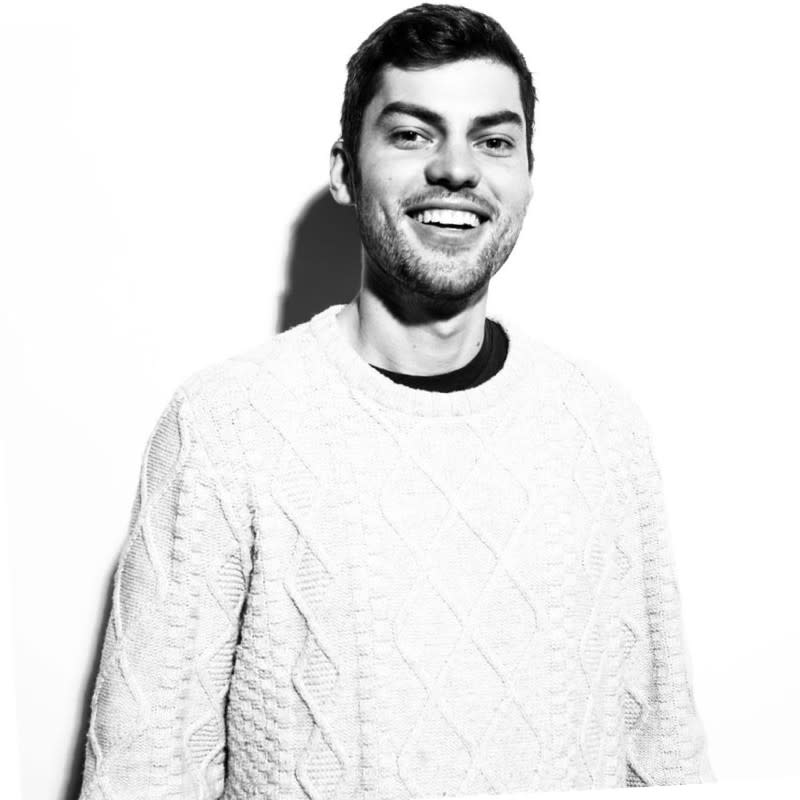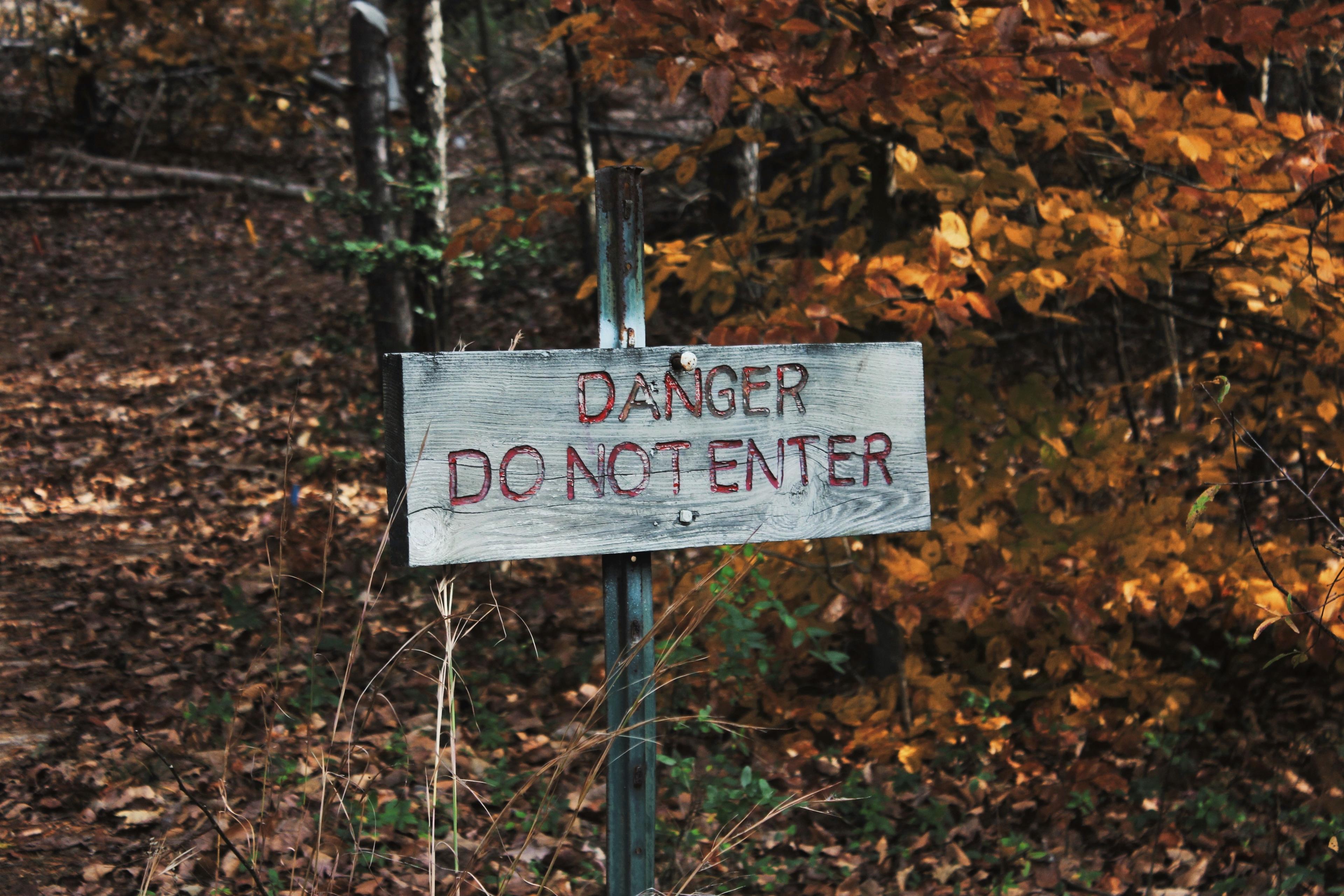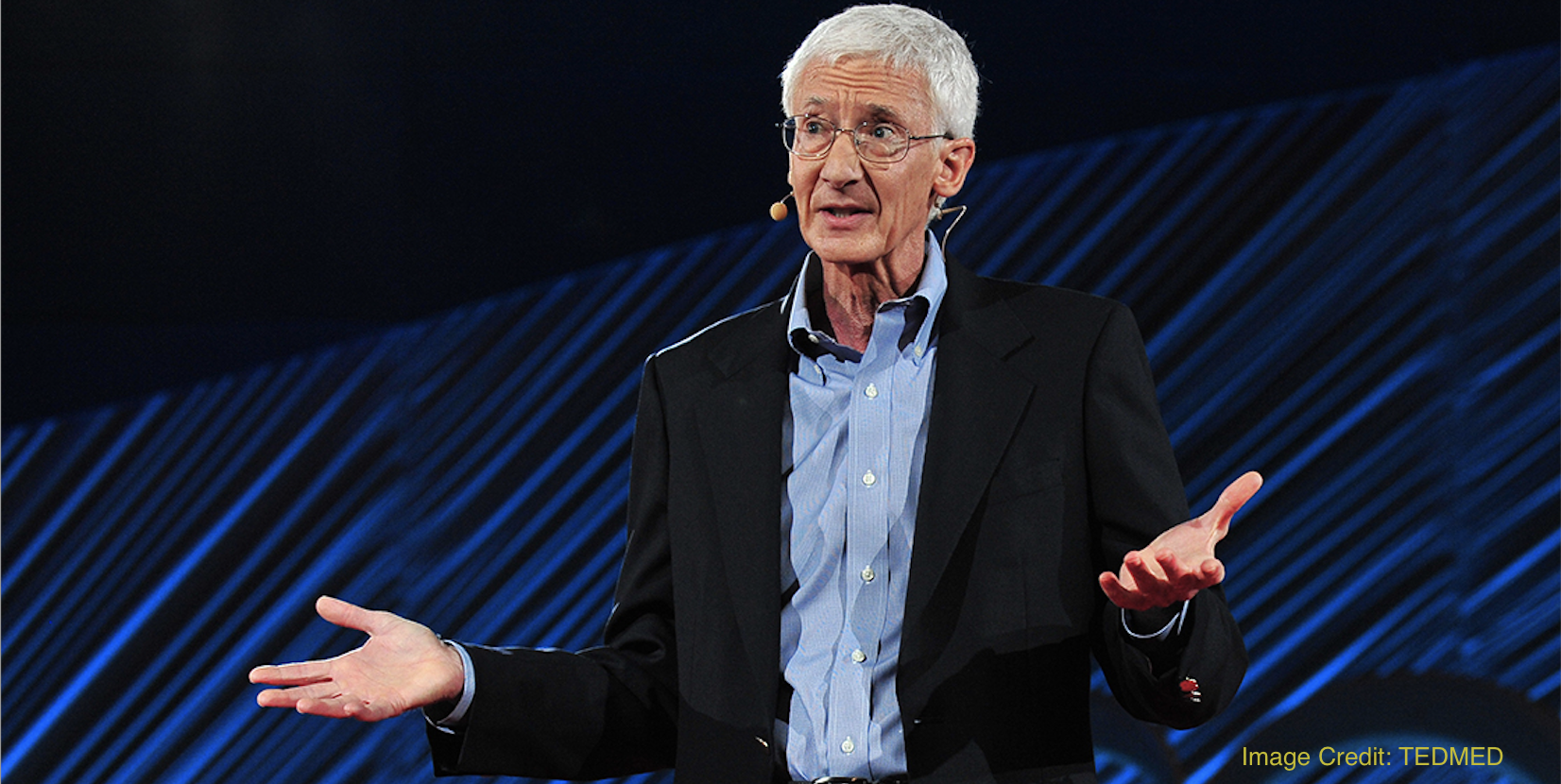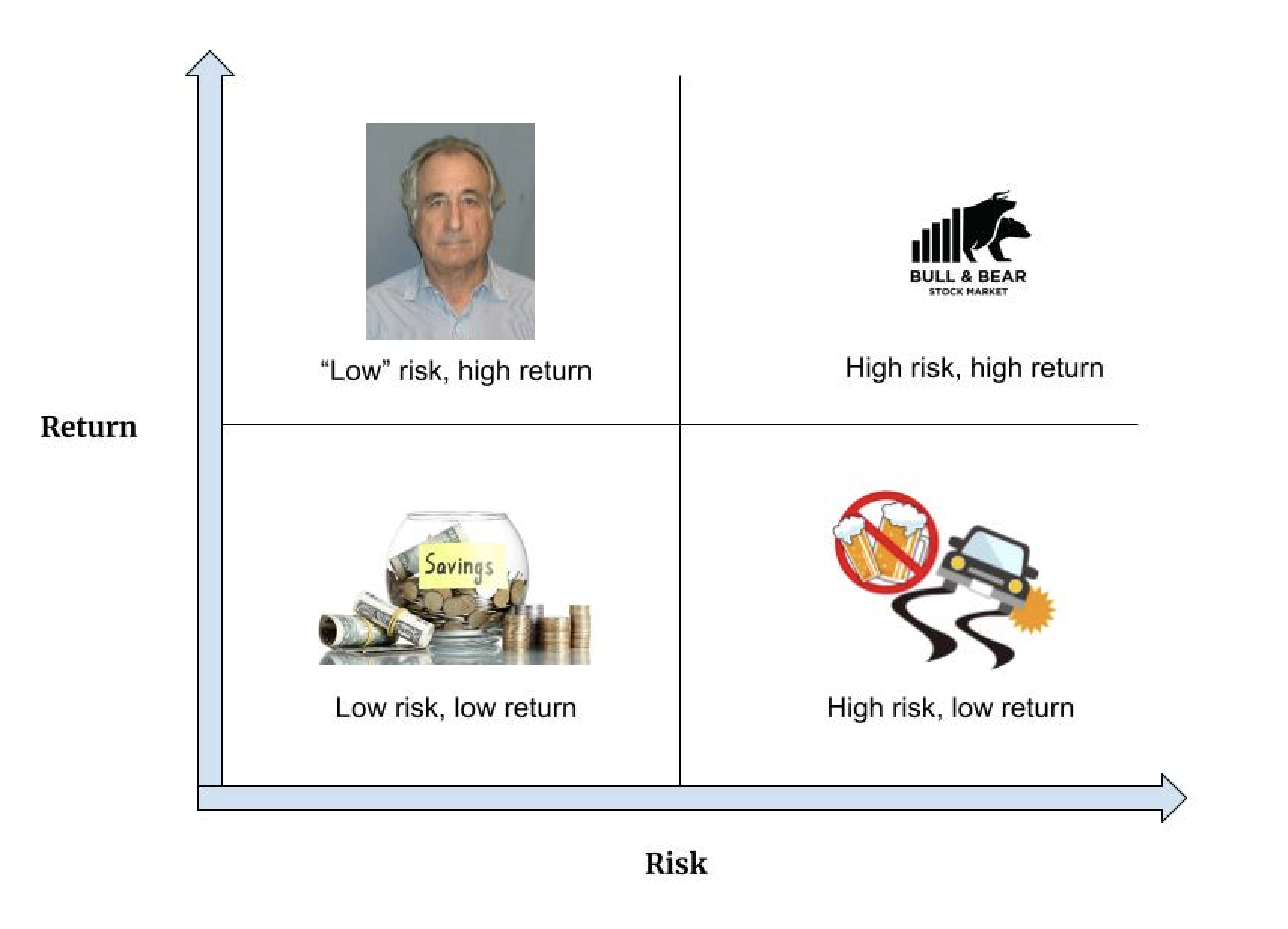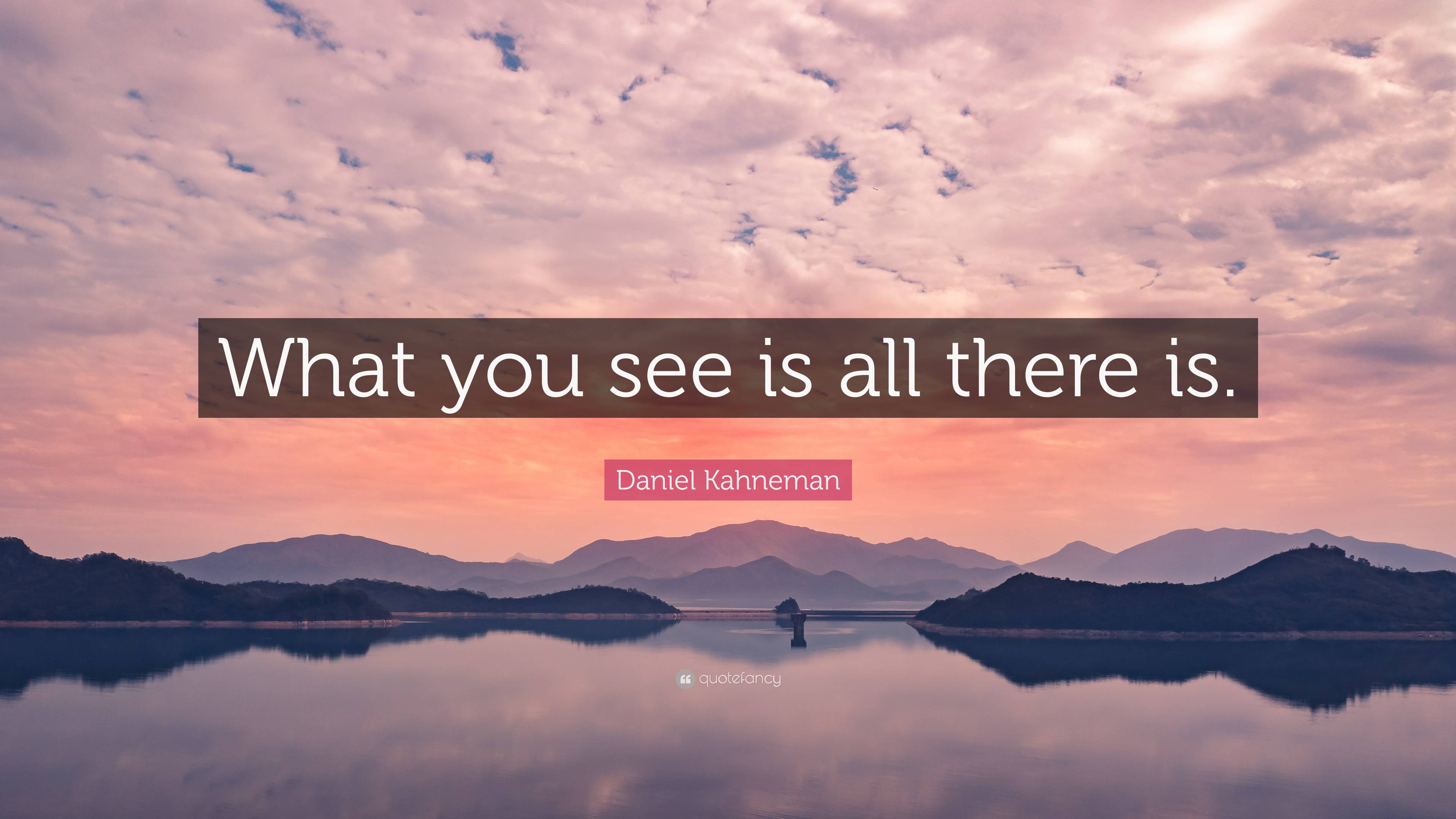Is Your Career Too Safe?
Advice from the Mentally Questionable
The three most harmful addictions are heroin, carbohydrates, and a monthly salary. - Nassim Taleb
Occasionally and for unclear reasons (could it be that I wrote a book in which I claim to be an expert on job searching?), people ask me for job advice. Actually, I know why they ask. It's not because I'm a rich success story (I'm not) or because I have unusual emotional intelligence (I don't). It's because I'm neurotic, and they are in need of the advice that they know I am going to give them: Take more risks.
Many of these people are looking to make a change, and by the time they talk to me they've long heard the faint murmurs from the voice in their head: You don't like what you're doing, please explore what else is out there. The problem is that the voice of inertia sucker punches that murmuring advocate for change: Stop being an idiot. It's not worth the risk to start over or change. If you take a temporary pay cut you’ll look like a fool, fool!
I want to emphasize at the outset that it's an incredible privilege to be able to take career risks, as we all have different financial goals and family situations. Many people spend their whole lives fighting to give their own children a starting point that they themselves did not have, a starting point from which risk taking is feasible. Among those who are already fortunate to have a college education and limited-to-no debt, however, I believe that too many of us are excessively risk averse.
This post will explore the three reasons I have such a bias towards encouraging career risk:
We need more young people trying to solve the biggest problems.
The danger of taking career risks is mostly an illusion.
The upside of career risks is massive (and increasingly necessary with automation).
The Stakes are High
The need for career risk and entrepreneurship is as great as it’s ever been. For the coming generations to thrive, we need to take thousands of shots on goal to solve climate change, crumbling infrastructure, an archaic education system, unfathomable federal debt that will worsen as the population ages and birth rates slow, declining lifespans within a comically expensive healthcare system, and—need I go on?
Although nihilism is in vogue for many young people, I'm an optimist, and I think we have enough talented people entering the workforce each year to solve every one of the above crises. Yet, based on my non-empirical observations, the smartest and most-educated young people often funnel themselves into a small subset of industries: finance, law, consulting, and big tech (guilty!). In fairness, these industries incent graduates with some of the highest average salaries—although these cushy jobs can limit long-term rewards (more on this below).
Headwinds
High-paying jobs are not the only headwind to more entrepreneurship, creative endeavors, and career risk. The US government, the so-called greatest place on earth to be an entrepreneur, is doing little to enable people to take risks and solve meaningful problems.
As I wrote in 2020 (summarizing a Ben Thompson article), post-WWII America created a system with corporations at the center, and those corporations provided security, health insurance, and pensions for Americans—the middle class.
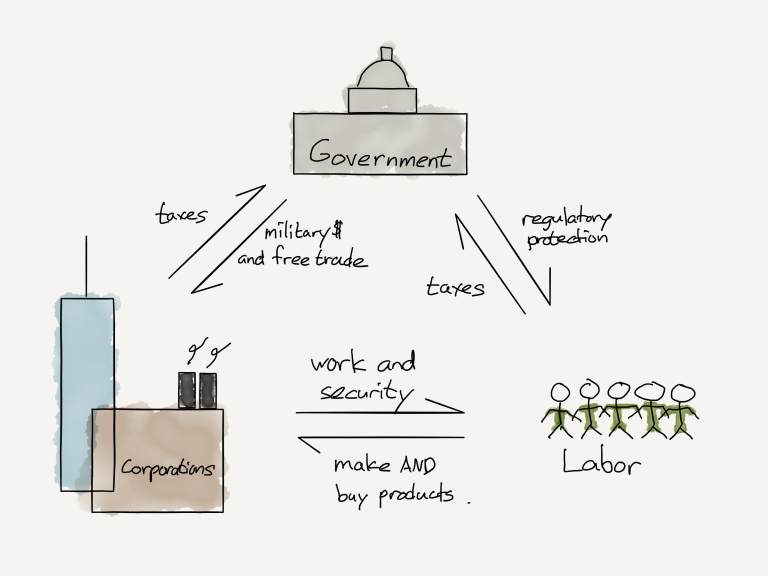
(Source: Stratechery)
The country still operates within that model, but after decades of automation and outsourcing, that design is beyond broken—the middle class is gone. That corporations-provide-security model still exists for many highly-educated knowledge workers, but it's just a matter of time before those knowledge-work jobs start to vanish too. If you do decide to pass up a high-paying job in big business, you are told "good luck with your health insurance" and/or "good luck surviving as a new mom."
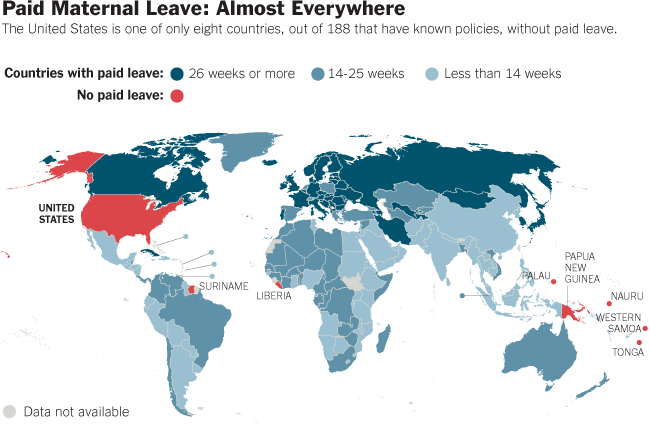
If America supported individuals (e.g. with healthcare) more directly and had looser business-creation regulations (plus the inevitable universal basic income), more people could take creative risks or attack the world's most vexing problems.
Despite the headwinds facing would-be creatives or entrepreneurs, I still think the downsides of taking risks are wildly overstated. Let’s examine them.
The Illusions of Danger
Two factors—social risk and financial risk— keep an inflated number of people on conventional paths.
Social "Risk"
As Tim Urban describes in his hilarious blog post "Taming the Mammoth: Why you Should Stop Caring What Other People Think": We share a collective insanity that pervades human cultures throughout the world: An irrational and unproductive obsession with what other people think of us.
In the gene-eyed view of the world, we evolved to care what other people think because better social standing meant higher reproductive odds. As I've written about in multiple recent posts, this imprinted-at-birth obsession with status harms us more than it helps us in the Age of Instagram. Taking career chances in 2023 will not result in expulsion from your tribe of homo sapiens and ensuing starvation.
We base a lot of our work decisions, often subconsciously, on what is most likely to impress our peers, family, and even strangers. Yet, ironically, we usually find it most cool when someone spends their days doing something weird or creative or authentic. When is the last time you saw someone trying to survive as an artist and thought wow, they'd be way cooler if they stopped doing that and started working in Amazon's legal department?
If unconventional careers are cool and the judgment of insecure people can't hurt us, social "risk" should not prevent us from veering off the well-trodden paths.
Financial Risk
Even though social ostracism is a figment of our "mammoth" imaginations, financial risk is legitimately scary. Right? It depends. Becoming a full-time TikToker when you have $60,000 of debt is, in fact, risky. Starting a business, however, is safer now than ever before.
In Shoe Dog, Phil Knight recounts his struggle to get a bank loan for Nike's initial sneaker production. Banks had no desire to take on such likely failure with so little upside. These days, however, investors recognize the massive potential of startups. Between venture capital, angel investing, private equity, and crowdsourcing (e.g. GoFundMe), raising money is easier for you than it was for Nike. Notably, if you do start a business and incorporate, you aren’t personally liable if the business fails.
In the words of the highly uncontroversial Elon Musk, People fear starting a company too much. Really, what’s the worst that could go wrong? You’re not gonna starve to death, you’re not gonna die of exposure—what’s the worst that could go wrong?
Sure, you might have to get a side job to afford to live when you first become an artist or entrepreneur, but you probably need less money to thrive than you think you do, especially if you don't have kids. (I recently wrote about the freedom of living below one's means.) And we’re not even talking about jobs at most startups, where they pay you a salary to work.
Riding a motorcycle without a helmet is needlessly dangerous. Career risks, on the other hand, are safer than they seem and reversible in the event of failure (i.e. you’re allowed to get another job).
The Rewards of Risk
Pursuing work as a creative, an entrepreneur, or as part of a future-shaping company should not be seen as a sacrifice. In fact, it is the complete opposite. Let's take a look at four reasons why pursuing that path is all upside.
First, an unconventional career is usually more interesting and fulfilling than a paint-by-numbers career.
Ray Dalio writes in Principles: Imagine that in order to have a great life you have to cross a dangerous jungle. You can stay safe where you are and have an ordinary life, or you can risk crossing the jungle to have a terrific life. How would you approach that choice? Take a moment to think about it because it is the sort of choice that, in one form or another, we all have to make.
Additionally, venturing out on your own is by far the fastest path to learning.
Second, entrepreneurship and early-stage companies provide the highest financial upside.
Unless you are Rihanna or Aaron Rodgers, you won’t get wealthy from your salary. While we all begin our post-school lives by selling our time for money, the actual path to wealth is to own equity in a business, property, or another asset that can scale nonlinearly. Your time, unfortunately, can only scale linearly.
Third, working for yourself (or a small group) can give you the greatest freedom: control of your time.
Since time, as mentioned, is not scalable, it is the most valuable currency of all. Don't believe me? Ask ninety-nine year old billionaire Charlie Munger if he'd give up his entire fortune to return to age fifty.
The real benefit of wealth is the freedom to do what you want, when you want to, from wherever you'd like (besides North Korea). In The Psychology of Money, Morgan Housel writes, Doing something you love on a schedule you can't control feels the same as doing something you hate. (I believe he is referring to watching NFL Redzone while incarcerated.)
Last, there are zero guarantees that your knowledge-work job will exist in 10 years.
With the possible exception of healthcare professionals, I’m hard-pressed to think of any "white-collar" job that won’t be radically altered by AI. If you have multiple remaining decades in your career, you'll eventually be forced to change, so you might as well try on different hats before everyone else runs to their haberdasher or milliner.
Conclusion
In summary, our species and planet need more smart people confronting the most pressing problems. Leaving the usual cushy industries to pursue the unknown can feel too risky—socially and financially—but that risk is largely an illusion. The upside for taking career risks is vast: fulfillment, financial upside, time freedom, and being ahead of the job-loss-via-automation curve.
Quite often—but not often enough—I turn to my own neurotic friends (you know who you are) when I need this reminder: not taking risks is itself the biggest risk of all.
